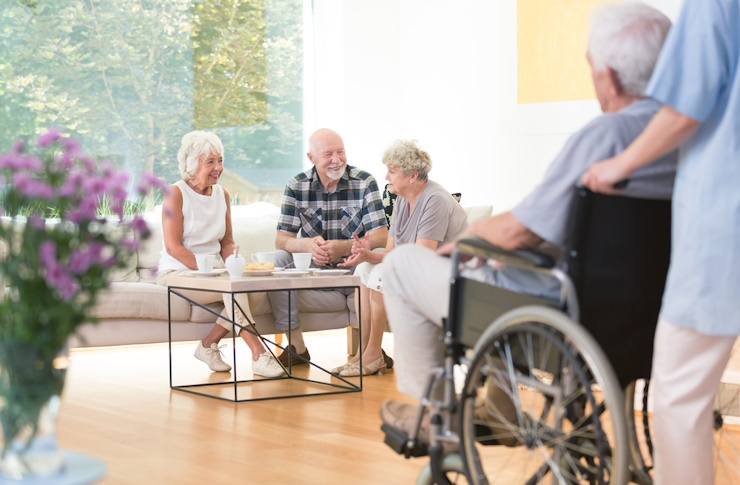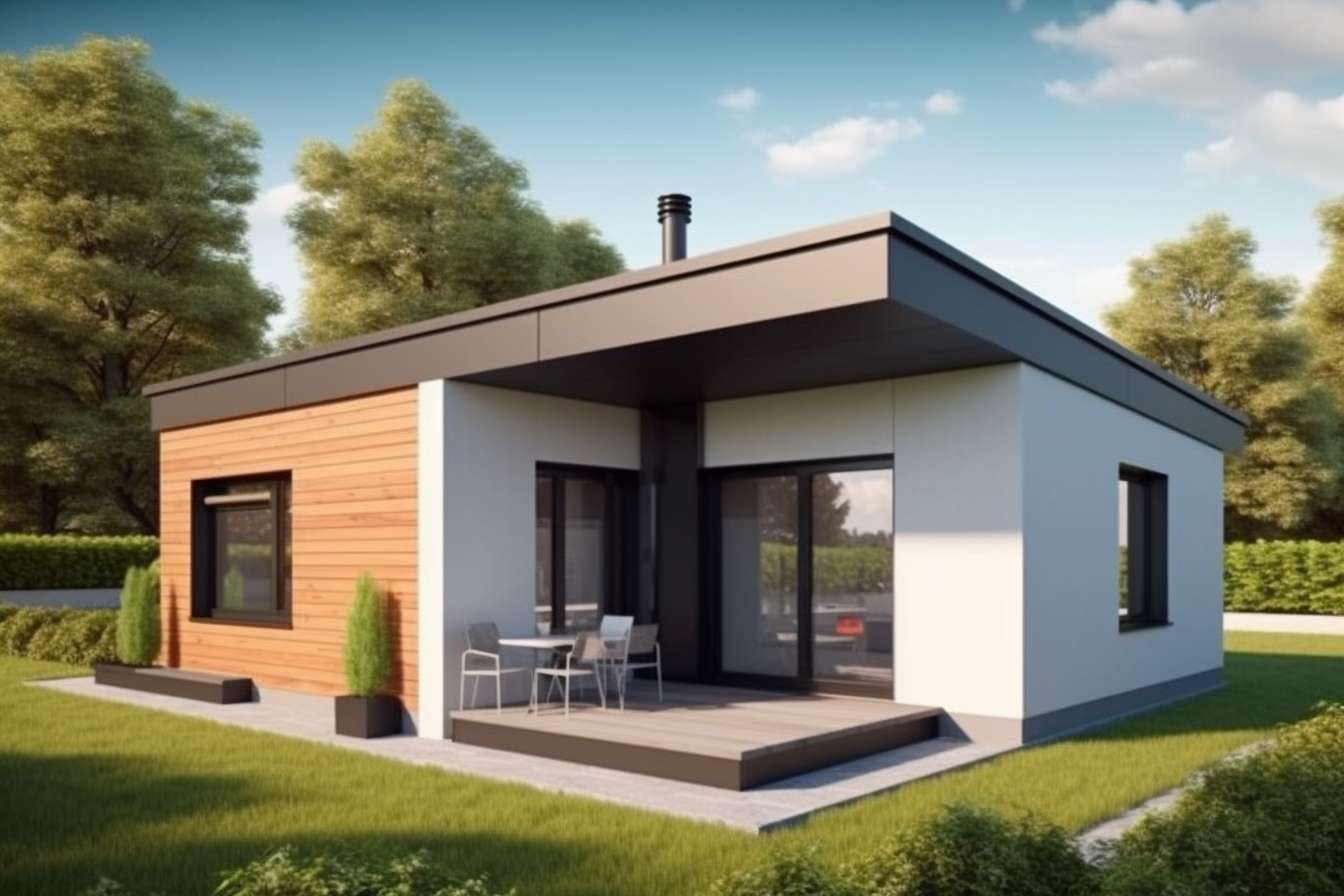Finding the Perfect Senior Mobile Home: Comfort, Community, and Affordability
Senior mobile homes offer a more affordable, flexible lifestyle for retirees seeking comfort and community. Explore how these homes are tailored to aging needs, what to look for in a park or location, and why many older adults are choosing this living option.

What Makes Mobile Homes Ideal for Seniors?
Mobile homes offer several distinct advantages that make them particularly well-suited for senior living. First and foremost is affordability—manufactured homes typically cost significantly less than traditional site-built homes, both in terms of purchase price and ongoing maintenance. This cost-effectiveness allows retirees to stretch their fixed incomes further while still enjoying homeownership.
Beyond economics, mobile homes for seniors often feature single-story, accessible designs that eliminate the need for stairs. Many newer models include senior-friendly features like wider doorways, walk-in showers, grab bars, and lower countertops. These thoughtful design elements make aging in place more comfortable and safer, allowing seniors to maintain independence longer. Additionally, the smaller footprint of mobile homes means less cleaning, maintenance, and yard work—freeing up time for hobbies, socializing, and relaxation.
Key Features to Look for in Senior Mobile Home Communities
When exploring mobile homes communities for seniors, certain amenities and characteristics stand out as particularly valuable. The best communities offer age-restricted living (typically 55+), which ensures residents share similar life experiences and interests. This creates a more harmonious community atmosphere and fosters meaningful friendships among neighbors.
Quality senior mobile home parks typically provide amenities designed specifically for older adults. These might include clubhouses for social gatherings, swimming pools with gentle exercise classes, walking paths with benches for resting, community gardens, and dedicated spaces for hobbies like billiards or crafting. Many communities also organize regular social events, clubs, and outings to fight isolation and promote an active lifestyle. Additionally, some premium communities offer transportation services, on-site maintenance assistance, and even limited healthcare coordination—services particularly valuable as residents age.
Finding the Right Location for Your Senior Mobile Home
Location considerations for senior mobile homes extend beyond just the community itself. Proximity to healthcare facilities becomes increasingly important as we age, making communities near hospitals, specialists, and pharmacies particularly attractive. Similarly, convenient access to grocery stores, places of worship, and other essential services can significantly impact quality of life.
Climate also plays a crucial role in location selection. Many seniors choose mobile home communities in warmer, milder climates like Florida, Arizona, or Southern California to avoid harsh winters and reduce health issues exacerbated by cold weather. However, being near family often takes precedence over climate preferences for many older adults.
It’s also worth investigating the local regulations and tax situations in potential locations. Some states offer property tax breaks for seniors, while others might have more favorable overall tax environments for retirees. These financial factors can significantly impact the long-term affordability of your chosen location.
Understanding the Costs of Senior Mobile Home Living
The financial picture of mobile home living involves several components beyond just the purchase price of the home itself. Understanding these elements helps seniors make informed decisions about whether this lifestyle fits their budget and retirement plans.
| Expense Category | Typical Cost Range | Notes |
|---|---|---|
| Home Purchase | $30,000-$150,000 | Varies by size, age, location, and features |
| Lot Rent | $300-$800 monthly | Higher in premium communities/locations |
| HOA/Community Fees | $100-$300 monthly | May cover amenities, security, some utilities |
| Insurance | $300-$1,000 annually | Depends on location, home value, coverage |
| Utilities | $100-$300 monthly | Often lower than traditional homes |
| Property Taxes | Varies significantly | Often lower than site-built homes |
Prices, rates, or cost estimates mentioned in this article are based on the latest available information but may change over time. Independent research is advised before making financial decisions.
One significant financial advantage of mobile homes for seniors is the ability to purchase a home outright without carrying a mortgage into retirement. Many retirees sell larger family homes and use the proceeds to buy a mobile home without financing, eliminating monthly housing payments beyond lot rent and fees. This strategy frees up retirement savings for other needs or experiences.
Comparing Senior Mobile Home Options
When selecting a senior mobile home, understanding the different types available helps match your lifestyle needs with the right housing solution. The main categories include:
| Home Type | Average Size | Average Cost | Best For |
|---|---|---|---|
| Single-wide | 600-1,300 sq ft | $30,000-$80,000 | Singles or couples seeking affordability |
| Double-wide | 1,000-2,200 sq ft | $60,000-$150,000 | Couples wanting more space, visitors |
| Triple-wide | 1,600-3,000 sq ft | $100,000-$250,000 | Those desiring spacious, traditional home feel |
| Park Models | 400-600 sq ft | $25,000-$80,000 | Seasonal residents or minimalists |
| Luxury Manufactured | 1,500-3,000 sq ft | $150,000-$300,000 | Upscale amenities without traditional home costs |
Prices, rates, or cost estimates mentioned in this article are based on the latest available information but may change over time. Independent research is advised before making financial decisions.
Creating Community in Senior Mobile Home Parks
Perhaps the most valuable aspect of senior mobile homes isn’t the physical structure itself but the vibrant communities that form around them. Unlike traditional neighborhoods where interaction might be limited, mobile home communities for seniors often foster close-knit social networks that combat isolation—a significant health risk for older adults.
Many residents report that the sense of belonging and mutual support found in these communities significantly enhances their quality of life. Neighbors watch out for each other, share resources, and build meaningful friendships. Community activities from morning coffee clubs to evening card games create regular opportunities for socialization without extensive planning or travel. For many seniors, this built-in social network becomes increasingly valuable as mobility decreases or after losing a spouse.
Mobile home communities also provide practical support systems. Residents often share information about reliable service providers, coordinate transportation to medical appointments, or check on neighbors during illness. This informal care network complements more formal healthcare and can help seniors maintain independence longer than they might in more isolated living situations.




